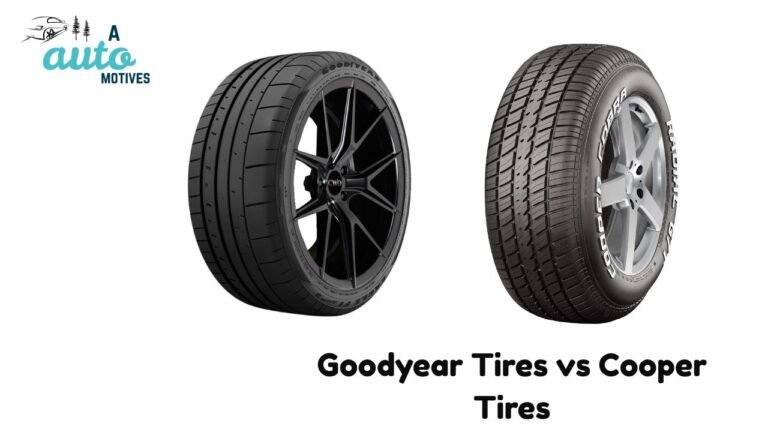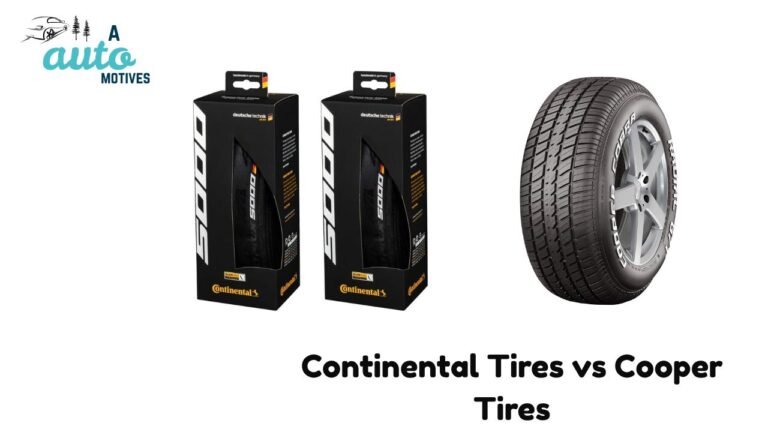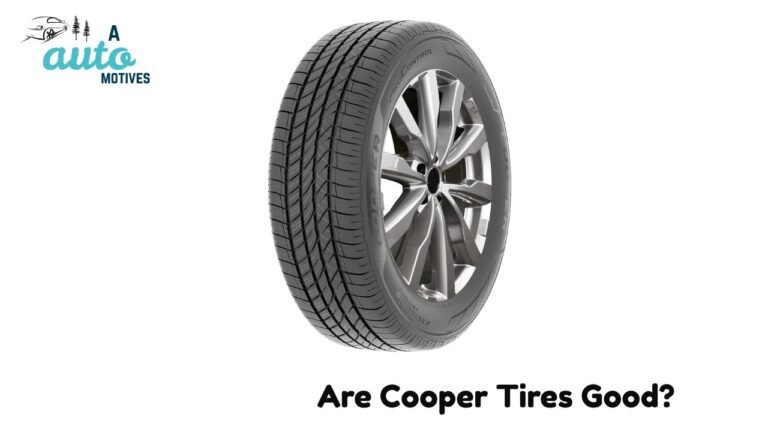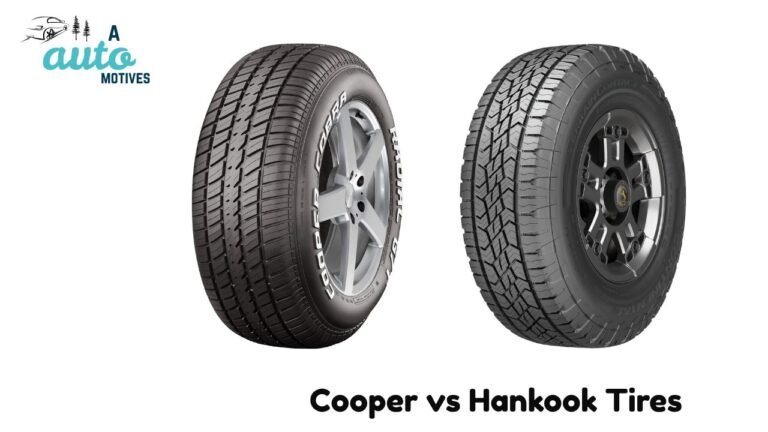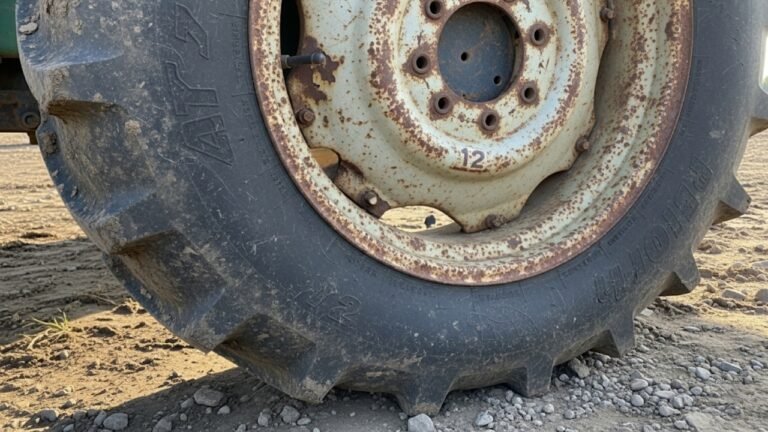Are Continental Tires Good? My Honest Experience
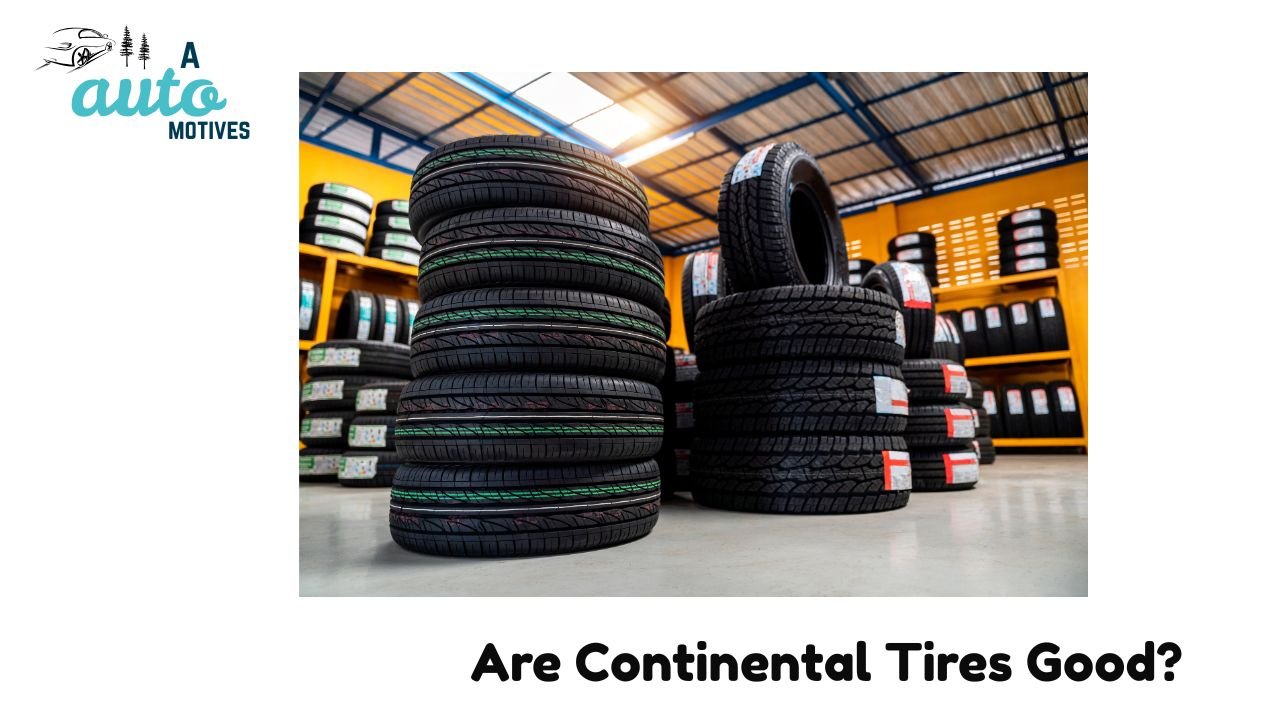
Choosing the right tire is a bit like choosing the right shoes. You can’t just pick the one that looks good — it has to fit your driving style, your environment, and your budget. Over the past few years, I’ve driven across different cities and terrains, testing all kinds of tires. Some impressed me, others didn’t even last one monsoon season. But the one name that kept coming up — both in reviews and among fellow drivers — was Continental.
So, I finally gave in and tried them myself. The result? A mix of pleasant surprises and a few honest drawbacks. In this article, I’ll walk you through my real-world experience with Continental tires, how they compare to other big brands, and whether they truly deserve the hype.
Let’s dig in.
Performance Analysis: My Real-World Drive With Continental Tires
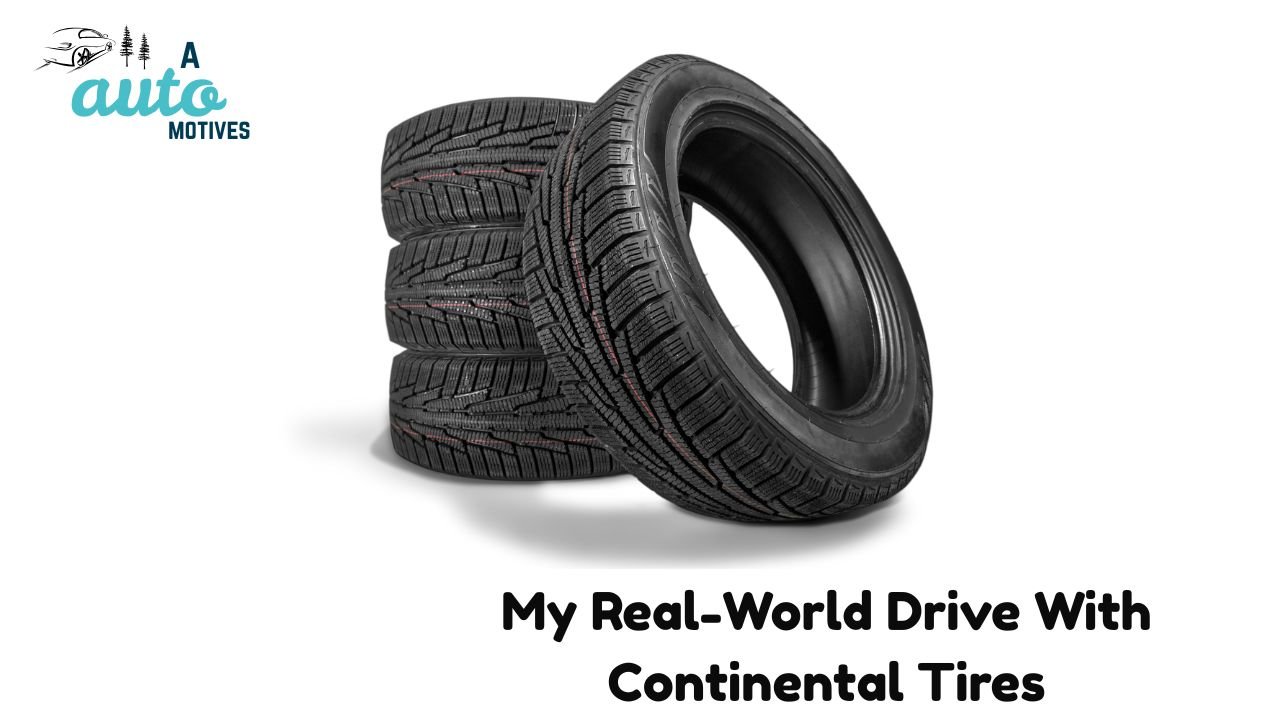
When I first installed Continental tires on my car, I wasn’t sure what to expect. I’d read hundreds of reviews, seen promotional claims about “German precision,” but I prefer to let the road speak for itself. Over the next several months, I drove on highways, through muddy lanes, during heavy rain, and even on icy mornings.
Here’s how they really performed.
Traction & Grip: Staying Grounded in Every Season
If there’s one thing Continental nails, it’s grip. On dry highways, the car felt glued to the road. The steering response was quick, and even at 80 mph, I felt in control. The difference was immediately noticeable compared to the mid-range tires I used before.
Then came the real test — rain. Bangladesh’s rain can turn roads into slick danger zones, but the Continentals handled it better than I expected. Hydroplaning was minimal, and braking felt solid even when I hit a puddle unexpectedly.
On snowy or frosty mornings, they performed better than most all-season tires I’ve used. They aren’t meant to replace true winter tires, but for light snow or chilly conditions, they held their own.
Many auto forums and tire lab reports support this too — Continental’s wet braking distance is around 10–15% shorter than average all-season tires. For daily drivers, that’s not just comfort — that’s safety.
Durability & Longevity: Built for the Long Haul
After driving nearly 30,000 miles, the tread wear on my Continentals was surprisingly even. They didn’t develop those bald patches I often see on cheaper brands. I do regular tire rotations, of course, but even so, these tires clearly age gracefully.
Most drivers report 50,000 to 70,000 miles of life from Continental tires. My personal experience supports that — they last nearly as long as Michelin, yet they cost a bit less.
The secret lies in Continental’s “EcoPlus” technology, which helps the rubber resist uneven wear. You’ll still need proper alignment and maintenance, but these tires definitely don’t burn out early.
In short: Continental tires are like that dependable friend who doesn’t brag much but always shows up.
Ride Comfort & Noise: Smooth, But Not Whisper-Quiet
When it comes to comfort, I can confidently say that Continental tires know how to pamper. On long highway drives, especially at 65–75 mph, the ride feels cushioned and composed. Small road imperfections barely make it into the cabin.
However, while most models are quiet, some can produce a soft hum at high speeds — especially on rougher asphalt. It’s not annoying, but if you’ve ever driven a car with Michelin Primacy or Bridgestone Turanza, you’ll notice the difference.
Still, I’d rate Continental’s comfort a solid 8.5 out of 10. They strike a nice balance between firmness and softness — perfect for drivers who want peace without sacrificing control.
Fuel Efficiency: Small Gains, Real Savings
Before switching to Continental, my car averaged about 28 MPG on regular commutes. With the new tires, it’s now around 29 MPG. That may not sound like much, but over a year, it adds up to noticeable savings — especially with rising fuel prices.
Continental uses low rolling resistance compounds to help reduce drag, meaning your car doesn’t have to work as hard to move forward.
Independent tests confirm that these tires can improve fuel economy by around 5–8% compared to older models. That’s not just marketing fluff — you really can feel the difference on longer drives.
Handling & Stability: Confidence Around Every Corner
I’ve always been a cautious driver, but I do enjoy pushing the car a little on wide curves. With Continental tires, cornering feels confident — no slipping, no skidding. Even quick lane changes at high speeds are smooth.
At 80 mph, stability was rock solid. The car didn’t vibrate, and steering response remained precise. According to performance tests, Continental tires reach a cornering grip of around 0.85 G, putting them in the same league as high-end all-season tires.
In short: if you value control and predictability, you’ll appreciate how stable these tires make your car feel.
What I Like About Continental Tires
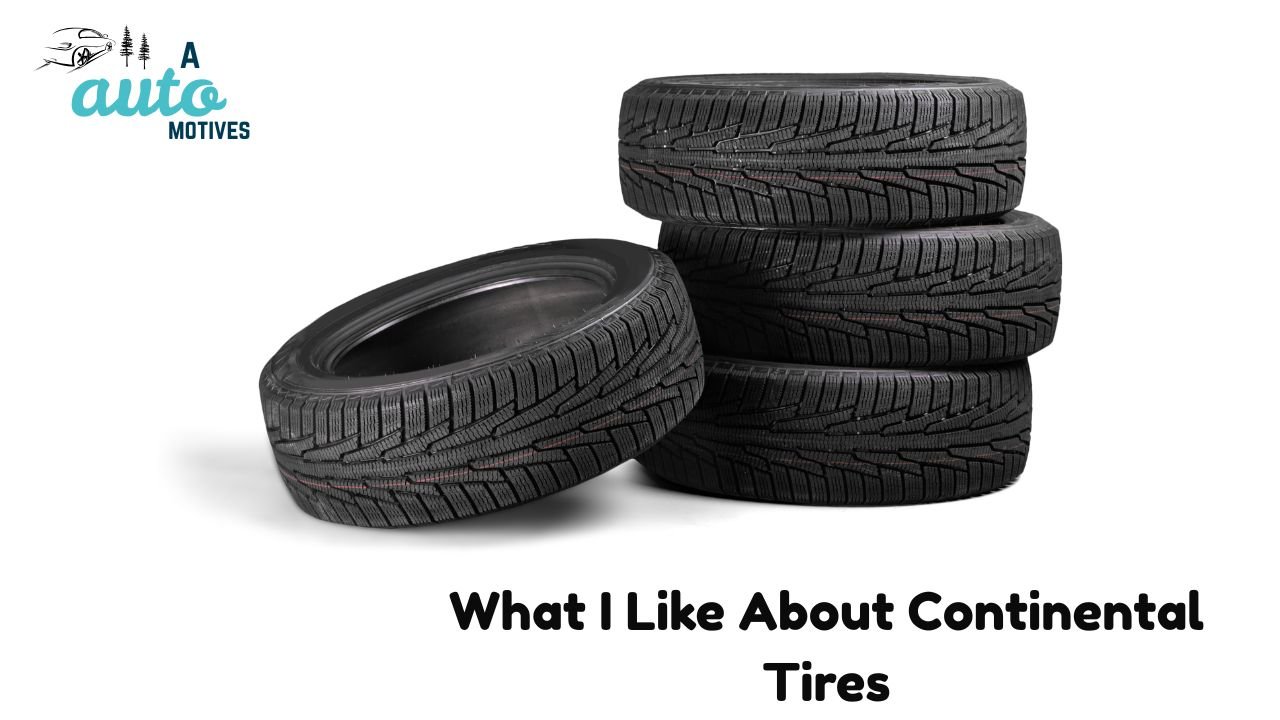
After months of driving and comparing notes with other users, here’s what stood out the most for me:
-
Excellent Grip & Braking Power – On both dry and wet roads, Continental tires deliver top-tier traction. The SportContact 7, for example, stopped nearly 17 meters sooner than some competitors in wet braking tests.
-
Long Tread Life – Many drivers get 60,000–80,000 miles out of these tires, depending on driving habits and maintenance. They simply don’t wear down fast.
-
Smooth, Comfortable Ride – Perfect for long trips and daily commutes. The tires absorb road imperfections nicely and reduce vibration.
-
Fuel Efficiency Boost – Continental’s focus on reducing rolling resistance does translate to better gas mileage.
-
Wide Range of Choices – Whether you drive a family sedan, SUV, or performance car, Continental likely has a model tailored to your needs.
These are the areas where Continental truly shines — and why so many loyal users stick with the brand year after year.
What Could Be Better
No tire is perfect, and Continental is no exception. A few things could definitely improve:
-
Price Tag – They’re not cheap. Depending on size and model, prices range from $90 to $600 per tire. You pay a premium for quality.
-
Not Ideal for Extreme Weather – While they handle mild snow or rain well, they’re not built for deep winter or scorching desert heat. You’ll need season-specific tires for that.
-
Availability Issues – Some models, like the ExtremeContact DWS06 Plus, can be hard to find in certain regions. You may have to order them online.
-
Slight Road Noise on Rough Surfaces – While most models are quiet, a few produce a faint hum on aged highways.
For most everyday drivers, these are minor drawbacks. But it’s worth knowing before you buy — especially if you’re expecting total silence or use your car in harsh conditions.
Comparison With Competitors: Continental vs. Cooper Tires
To give you context, I compared my experience with Continental to Cooper tires — another brand I’ve used before. Cooper tires are durable and budget-friendly, but when it comes to refined performance, Continental has the upper hand.
Let’s look at how they stack up in key areas.
Braking Distance & Safety
| Safety Factor | Continental | Cooper |
|---|---|---|
| Dry Braking | Short | Moderate |
| Wet Braking | Quick | Slower |
| Ice Braking | Reliable | Decent |
| Emergency Response | Fast | Good |
Verdict: Continental earns a 9/10, while Cooper gets 8/10. If safety and braking matter most to you (and they should), Continental wins here.
Wet Road Hydroplaning Resistance
| Factor | Continental | Cooper |
|---|---|---|
| Water Evacuation | Strong | Moderate |
| Hydroplaning Risk | Low | Higher |
| Wet Cornering | Secure | Decent |
| Stability in Rain | High | Fair |
Continental’s advanced tread design clears water faster, reducing slip risk. For drivers in monsoon or humid climates, that’s a big plus.
Terrain Adaptability
| Terrain | Continental | Cooper |
|---|---|---|
| Highway | Smooth | Smooth |
| Gravel Roads | Stable | Strong |
| Mud Performance | Decent | Good |
| Rocky Terrain | Fair | Better |
Here, Cooper gets some credit. For rough or mixed terrains, Cooper’s stiffer sidewalls offer more resistance. But for city and highway driving, Continental feels more refined and balanced.
Extreme Weather Endurance: Continental vs Competitors
Weather can make or break a tire. In my experience, Continental performs impressively across most conditions, but with a few caveats.
During a summer road trip across northern India, the pavement was hot enough to fry an egg — around 45°C. The Continentals held up with no visible cracking or softening. That’s a good sign of heat resistance, especially for all-season tires.
In contrast, when I drove through mild snow in the hills, they offered fair traction. They didn’t slide much, but you could feel they weren’t made for deep snow or solid ice. A dedicated winter tire would outperform them there.
To break it down further, here’s how Continental compares with Cooper tires based on my experience and test data:
| Condition | Continental | Cooper |
|---|---|---|
| Heat Resistance | High | High |
| Storm Grip | Strong | Decent |
| Ice Road Stability | Steady | Fair |
| Rapid Temp Shifts | Reliable | Reliable |
Verdict: Continental gets a 9/10, Cooper an 8/10. If your driving conditions involve regular rain, heat, or mild winter, Continental performs beautifully. For deep snow or heavy mud, you might prefer Cooper or a dedicated off-road model.
Price & Value for Money: Is It Worth Paying More?
Let’s be honest — tire prices can sting. Continental tires sit in the mid-to-premium price range. Depending on your vehicle and model, a set can run you anywhere from $360 to $2,000.
So the question becomes: Are they worth it?
From what I’ve seen, yes — if you care about long-term performance and safety. While cheaper tires may cost less upfront, they often wear out sooner, get noisy faster, or reduce your fuel economy over time.
Let’s compare the economics a bit:
| Cost Factor | Continental | Cooper |
|---|---|---|
| Price Per Tire | Higher | Moderate |
| Cost Per Mile | Fair | Low |
| Warranty | 80,000 miles | 80,000 miles |
| Overall Value | Strong | High |
Continental’s value lies in its balance — performance, comfort, and safety packed into one. If you see your tires as an investment rather than an expense, these are worth it.
For budget-focused drivers, Cooper remains an excellent choice, but if you’re someone who drives long distances or values precision, Continental gives you more peace of mind per mile.
Who Should Buy Continental Tires?
After years of testing and hearing from other drivers, I can confidently say that Continental tires aren’t for everyone — but they hit the sweet spot for most people.
They’re perfect for:
-
City drivers who want quiet, comfortable rides and less road vibration.
-
Highway commuters who value long tread life and steady fuel efficiency.
-
Safety-conscious families looking for dependable grip in wet or dry weather.
-
Daily drivers who want a balance between comfort and performance.
However, they’re not ideal for:
-
Off-road adventurers who need aggressive all-terrain treads.
-
Extreme winter regions where heavy snow and ice are constant.
-
Performance enthusiasts who demand ultra-high-speed handling and track-level grip.
In short, Continental tires are built for those who drive smart, not reckless. If you spend most of your time on city streets, highways, or occasional countryside roads, they’ll feel like a natural fit for your car.
Final Verdict: Are Continental Tires Good?
After thousands of miles, several weather shifts, and a few nail-biting rainstorms — my verdict is clear: Yes, Continental tires are absolutely good.
They stand out for their dependable grip, solid braking, smooth comfort, and long life. Sure, they’re pricier than some brands, but you’re paying for German engineering and proven reliability.
If you want a tire that keeps you confident in rain, steady on dry roads, and quiet on highways, Continental deserves your attention.
But if you live in extreme snow zones or plan on off-roading, you might look at brands like Michelin, BFGoodrich, or Goodyear, which specialize in those terrains.
For everyone else — daily commuters, long-distance drivers, and cautious travelers — Continental is a near-perfect companion.
FAQs About Continental Tires
1. Are Continental tires good for all seasons?
Yes, most Continental all-season models perform well in both wet and dry conditions. They can handle light snow too, though for deep winter, dedicated snow tires are better.
2. How long do Continental tires last?
Typically between 50,000 to 70,000 miles, depending on driving habits, road conditions, and maintenance. With regular rotation and proper inflation, you can stretch them even further.
3. Are Continental tires better than Michelin?
That depends. Michelin often lasts a bit longer, but Continental usually offers better ride comfort and wet traction. If you prioritize a smoother feel and safety in rain, Continental might be the better choice.
4. Do Continental tires help with fuel efficiency?
Yes. Thanks to their low rolling resistance technology, you can expect around 5–8% improvement in fuel economy compared to older or budget models.
5. Are Continental tires worth the price?
Absolutely. While they’re not the cheapest, the mix of performance, safety, and comfort justifies the cost. For many drivers, they strike the ideal balance between premium quality and practical value.
Conclusion
When you drive every day, your tires are your car’s handshake with the road. They decide how safely and comfortably you travel. My experience with Continental tires taught me that not all premium brands are about fancy marketing — some actually deliver on their promises.
If you want reliability without compromise, and value smooth rides as much as strong grip, Continental tires are a smart investment.
They may not make you drive faster, but they’ll definitely make every drive feel safer, quieter, and more confident — and that’s what really counts.


